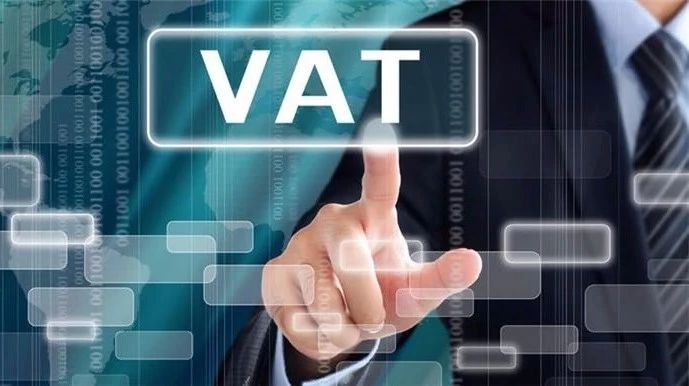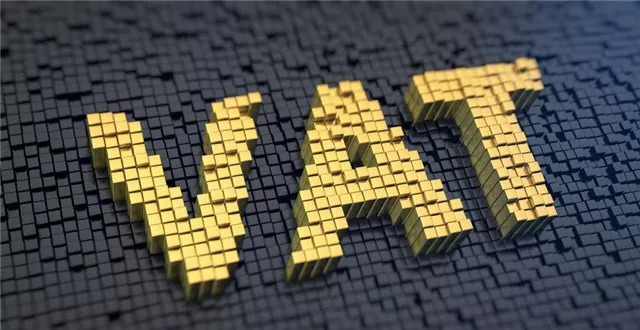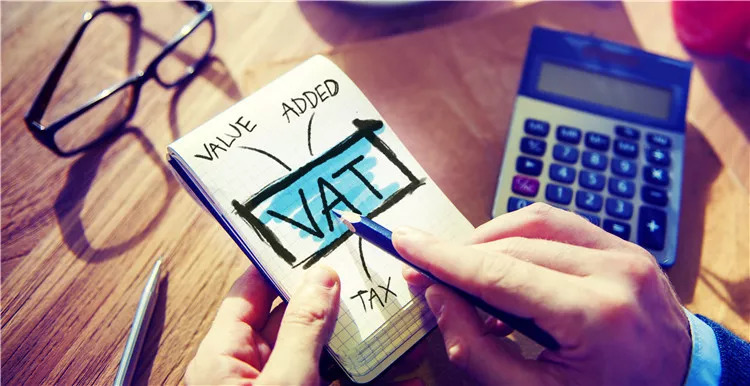Value-Added Tax (VAT) is the main form of indirect taxation in China, applies to not only the sale of goods but the provision of services. The VAT has served as the country’s only indirect tax since 2016, it replacing the Business Tax that previously applied to a number of industries.
© Image | Baidu
Types of transactions
According to the May 2018 reforms, VAT are now 6, 10 or 16 percent. But, exporting certain taxable services from China to foreign countries can allow investors to benefit from certain VAT reliefs.
There are two types of transactions in which VAT relief is available, these are:
-
Zero-rated transactions
-
VAT exempt transactions
TwoVAT reliefs are exempt from any output VAT,but he difference are that under zero-rated VAT, the input VAT attributable to the export of services can be credited from VAT payable and/or refunded, and under VAT exemption, the input VAT attributable to export of services cannot be credited or refunded.
© Image | Baidu
Whether the investors choose zero-rated VAT or tax exemption should depend on the overall VAT structure of the company.
Due to the procedures for obtaining a tax refund for zero-rated VAT services is complex and time-consuming, Taxpayers who have little input VAT deductible are not advised to apply for a zero-rated VAT.
© Image | Baidu
In addition, providers of zero-rated VAT services can choose to pay VAT or apply for VAT exemption instead by filing a relevant declaration. But taxpayers will be prevented from electing VAT zero-rating in the subsequent 36 months.
VAT zero-rated transactions
Goods and services include: export goods, international transportation services (if taxpayers obtaining qualifications), and space transportation services.
© Image | Baidu
A number of cross-border services provided to overseas entities, which are fully consumed overseas, also incur zero percent VAT.
The cross-border services that are subject to zero percent VAT include:



Notice

If domestic entity or individual providing zero-rated services adopts the simplified Tax Calculation Method, the services provided will be eligible for VAT exemption.
Please pay attention to that no special VAT invoice can be issued for zero-rated services. Taxpayers must to provide relevant permits or certificates and have a qualified business scope to be eligible for the zero-rate treatment.
VAT-exempt transactions
It generally required a written contract to enjoy VAT exemptions on cross-border services; as well as the entire payment should be sourced overseas; and the sales of the cross-border services provided must be accounted separately.
In addition, the taxpayer should submit required materials to Tax Bureaus in order to go through the record-filing process.
© Image | Baidu
While detailed procedures vary from city to city, the taxpayer should make record-filing within the VAT declaration period from the following month of accounting for sales income to April 30 of the following year, and the filing documents should be well reserved.
The VAT exemption benefits might be challenged in the follow-up supervision or audit process conducted by the Tax Bureau, if there are any discrepancies within the filing documents, or the filing documents could not be provided. Under this circumstance, tax penalties, such as overdue fees, fine, as well as taxpayer blacklist might be applied.
The following cross-border services are subject to VAT exemptions:













